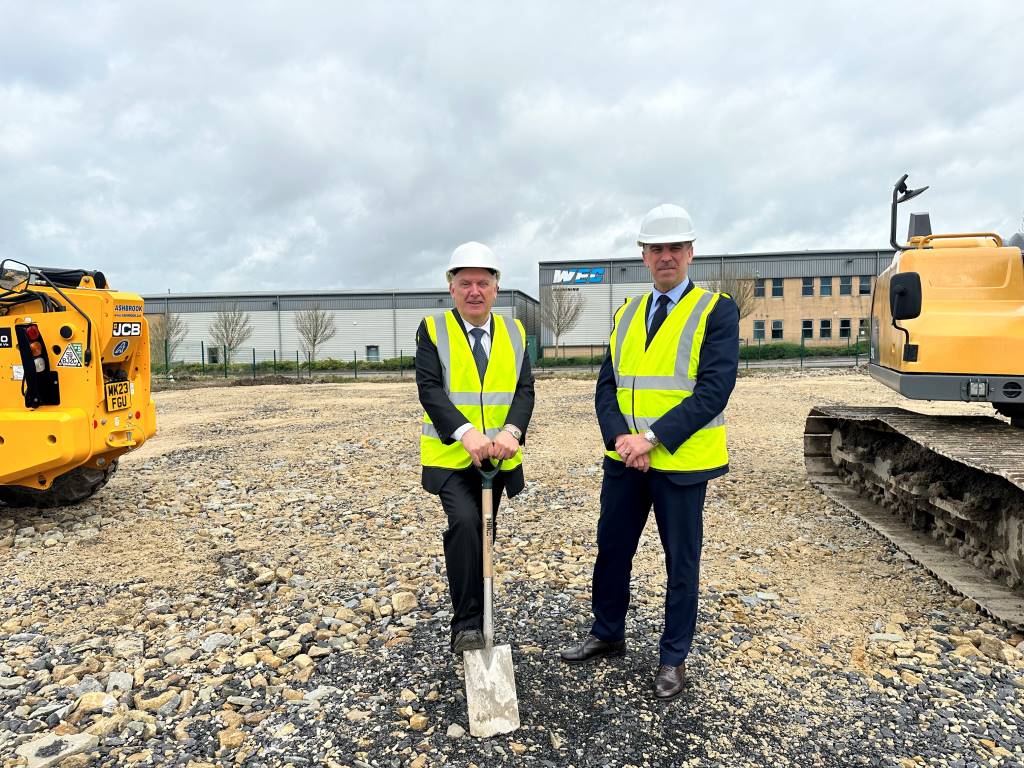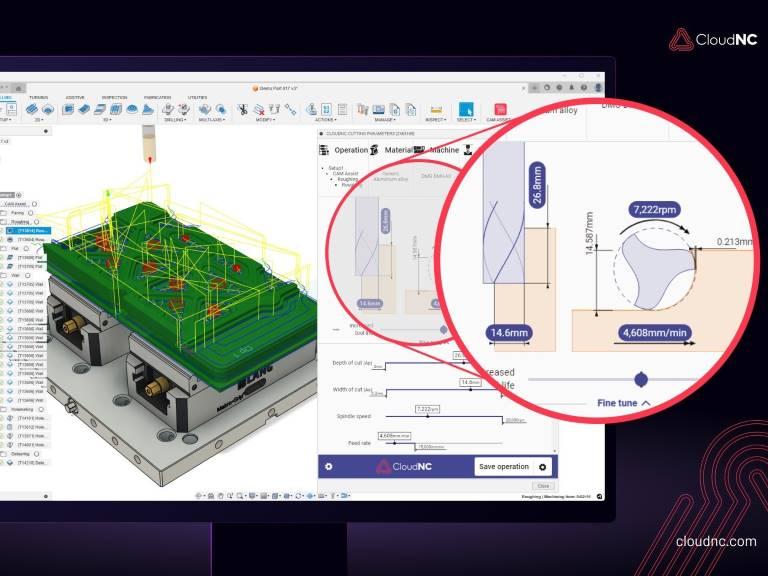Protolabs announces major additive manufacturing breakthrough

Digital manufacturer, Protolabs, has announced a major breakthrough with the launch of vapour smoothing for 3D printed parts.
The post-processing automated technology is a significant advancement for additive manufacturing because it enhances a plastic part’s surface finish on even the most complex geometries. It is currently available for the commonly used nylon material PA-12, plus the elastic material TPU-01.
Andrea Landoni, Protolabs EMEA’s 3D printing product manager, commented: “Whilst 3D printing allows an engineer to design and produce complex parts and is ideal for low production runs when compared to injection moulding, the surface finish of the latter is far smoother.
“Now, using vapour smoothing, we can bridge that gap for additive manufactured parts to smooth and seal even the smallest cavities on the surface.”
He continued: “This allows parts in these materials to be used for a wider range of applications that demand a very fine smooth finish for aesthetic and functional reasons.”
The process also improves a part’s mechanical properties with increased elongation at break and impact strength, whilst the sealed and smoother surfaces are also water/airtight and are easier to clean.
Mr Landoni added: “Because the finishing process is automated, it can be used for far more geometries than a manual smoothing process, which can be limited due to reaching difficult to access areas. This means that you can have all the advantages of additive manufacturing for parts and achieve a surface finish that is comparable to injection moulding.”
Improved water tightness opens up a number of applications, including tanks, fluid bearing pipes and ducts, valve covers and oil sumps, with the medical sector and other industrial applications set to benefit from ease of cleaning due to a smoother surface.
Following production of the parts using selective laser sintering (SLS) or Multi Jet Fusion (MJF), the team at Protolabs transfers the parts into a smoothing chamber which heats them and introduces a finishing agent.
Under carefully controlled conditions, this agent evaporates and the vapour spreads across all surfaces of the part. This causes them to melt, liquify and redistribute material to even out any peaks and troughs and seal even the smallest cavity.
Currently this process is available for PA-12 and TPU-01, which covers many potential applications, but Protolabs is testing the process for more materials.
Protolabs
www.protolabs.co.uk














